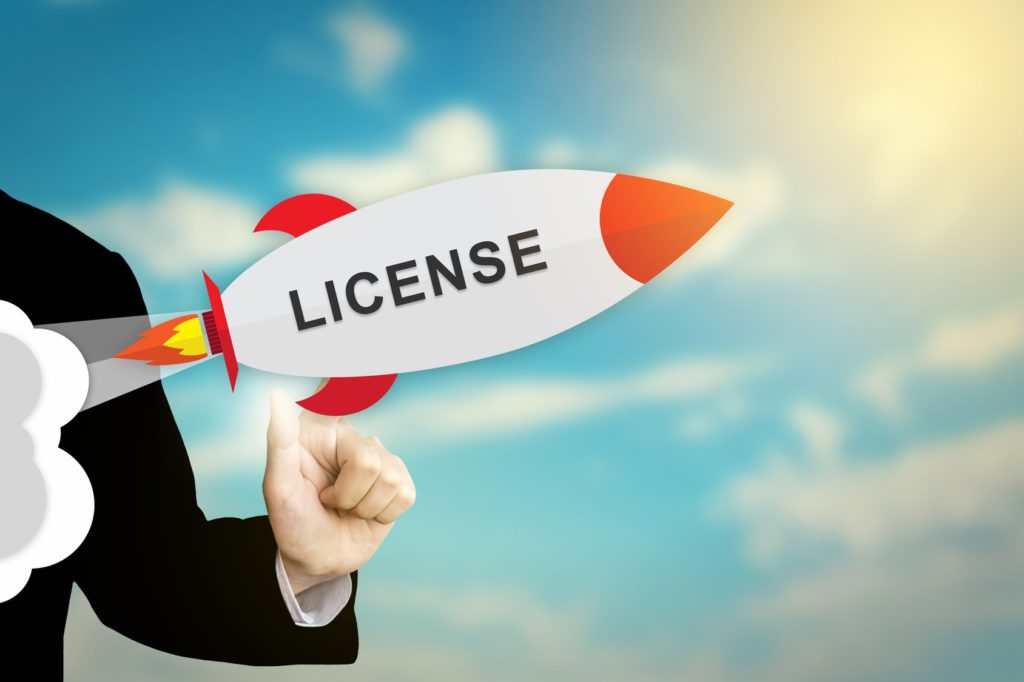
By Marty Brochstein
A brand is a funny thing. It doesn’t really “mean” anything until some clever marketer defines it and communicates that meaning to the world at large. And this goes for everything from a movie title to a sports team’s logo to the name of a fashion designer.
A few decades ago, the brains behind an as-yet-unknown designer used the following strategy to create buzz for the brand’s launch. They placed a big billboard in New York’s Times Square that asked the simple question: “Who is Tommy Hilfiger?” The idea was to get people talking.
“Who is . . . ?” or “what is . . . ?” are great questions to keep in mind if you think you may want to offer your brand to others for licensing, or if you’re a manufacturer and you think you may want to use a license to help sell your own product. In other words, what does the brand represent?
Let’s plug the name “Mr. Clean” into that question. It’s owned by Proctor & Gamble, which makes cleaning fluids and detergents. But P&G doesn’t make mops, brooms, cleaning gloves, and other cleaning tools and accessories; Butler Products does. And with Mr. Clean featured on its products, Butler sells a lot of mops, brooms, and gloves. Mr. Clean is a strong symbol that gives a giant dose of recognition and trust to help set Butler’s products apart—and that’s at the core of this long-running licensing relationship.
Your licensing checklist
Aside from being crystal clear about what the brand represents and how consumers view it (also known as “brand equity”), there are lots of other questions that need to go onto a licensing checklist. Whether you’re a brand owner, or a manufacturer or service provider looking for a brand to license, here are some things you need to consider:
Does the brand owner actually own the rights? Nobody really owns a brand until it is trademarked. If you develop a brand, make sure that an experienced intellectual property (IP) attorney helps you to file for and secure the trademark. If you’re a potential licensee, make sure the company you’re doing business with actually has the rights.
RELATED: 4 Business Trademark Mistakes That Can Cost You Big Bucks
How strong is the brand image? It’s important to know how much the brand resonates with consumers. But remember, not every brand needs to appeal to EVERYONE. If I’ve got a motorcycle accessory, for example, I’m probably thinking about trying to license a targeted brand like Indian or Harley-Davidson.
Is the property legally protected for the relevant product categories? Every brand owner needs to anticipate the product categories for which it intends to find licensees, as well as the countries in which it expects to do business, and then make sure to secure all the necessary trademark rights. This requires planning and some hard business decisions.
What kind of marketing backs up the brand? How much effort and money is the brand owner putting behind it? A beautiful logo means nothing if nobody knows about it. Essentially, a licensing agreement is a lease. A manufacturer of blue T-shirts may “rent” a Yankees logo because he believes he can sell a lot more shirts with the “NY” symbol, and is willing to pay a royalty to do so. But that’s only because Major League Baseball and the Yankees spend millions of dollars in marketing to make “NY” one of the most recognized logos in the world.
